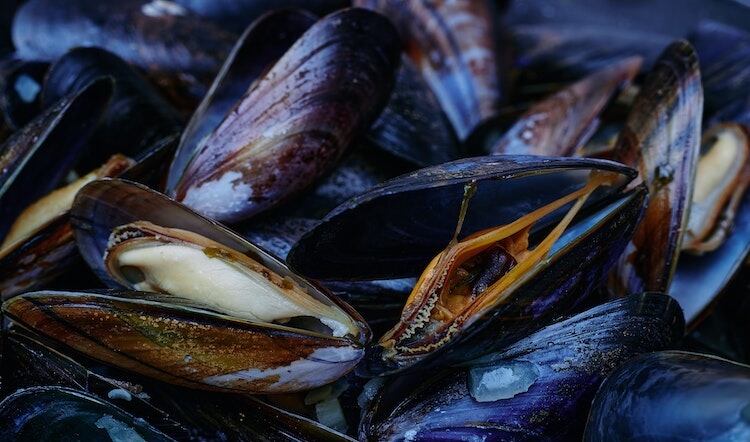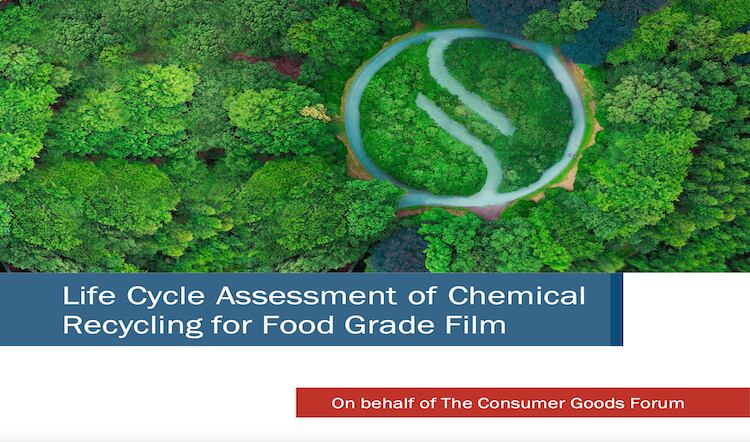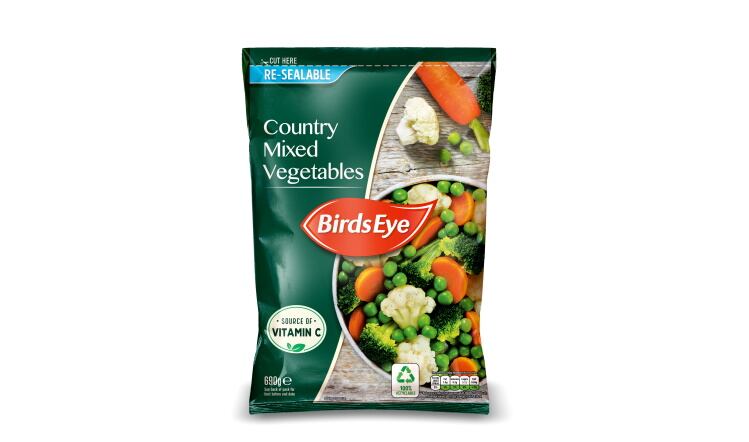The portal, launched with global innovation network Innoget, invites academics, subject experts, start-ups and SMEs to share new solutions and accelerate food technology collaborations.
It is focused on four areas, including: the scalability of frozen mussels and other bivalve products recyclability; solutions for products that are currently in multi-material, non-recyclable vacuum packaging; solutions to enable recyclable paper-based meal trays or bowl packaging to be used for frozen foods; and clean label replacements that that replicate the functional properties of methylcellulose in food applications.
Consumer demand
“Consumer demand for nutritious, high-quality, sustainable food and sustainable packaging solutions is growing and the role of technology in delivering these needs is accelerating,” said Stéfan Descheemaeker, Nomad Foods chief executive officer.
“Our new Open Innovation Portal will help us to unlock the potential we see in important areas such as alternative protein as we play our part in helping to deliver a more sustainable food system and bring to life our purpose of serving the world with better food.”
Dr Stella Peace, chief research & development and quality officer, Nomad Foods, added: “We believe that great innovation goes together with collaboration and the scale of the challenges facing the food industry today will require partnership if we are to meet evolving consumer needs and our ambitious environmental commitments.”
Sustainability
Since 2021, the company has partnered with scientists David Willer, David C. Aldridge and the University of Cambridge to research whether bivalves (clams, mussels, scallops and oysters) could be used at scale as a healthy, sustainable alternative protein source due to their wide availability and ability to absorb carbon.
Last year Nomad Foods announced a partnership with BlueNalu to explore the potential for cell-cultured seafood (seafood derived directly from fish cells) in Europe.




